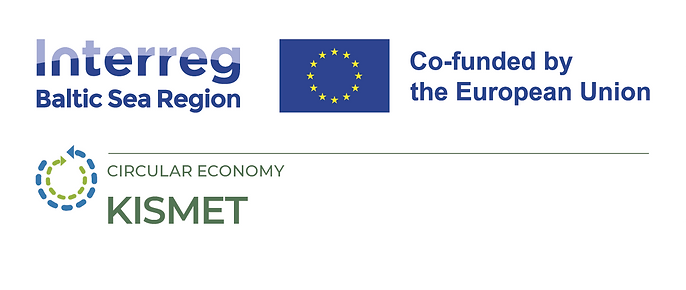BERAS international
Sustainable Food Societies - Biodistricts
SUSTAINABLE FOOD SOCIETIES
BIODISTRICTS
Sustainable Food Societies is about bringing together different actors within a region to jointly find solutions to increase food security and develop an ecologically, socially and economically sustainable food system and society.
Within the framework of the EU Baltic Sea Region project KISMET, the Sörmland Biodistrict was developed.
In the EU Action Plan for the development of organic production, Biodistricts are defined as follows:
"A biodistrict is a geographical area where farmers, the public, the tourism industry, associations and authorities enter into agreements on the sustainable management of local resources on the basis of ecological principles and methods. The goal is to maximize the area's economic and socio-cultural potential. The concept of biodistrict includes issues related to lifestyle, diet, human relations and nature. This leads to the local agricultural production being appreciated by consumers and thus gaining a higher market value.”
There are now 60 biodistricts in Europe within the organization International Network of Eco Regions (I.N.N.E.R.). The Global Alliance for Organic Districts (GAOD) network has been started to promote knowledge exchange and the formation of biodistricts globally. By starting from local conditions, drawing inspiration from the experiences of other countries and using the European toolbox for biodistricts, Sörmland can form inclusive networks that contribute to positive development. With food at the center, a vibrant countryside can be developed and the cities provided with healthy food and a rich surrounding landscape for local tourism.
